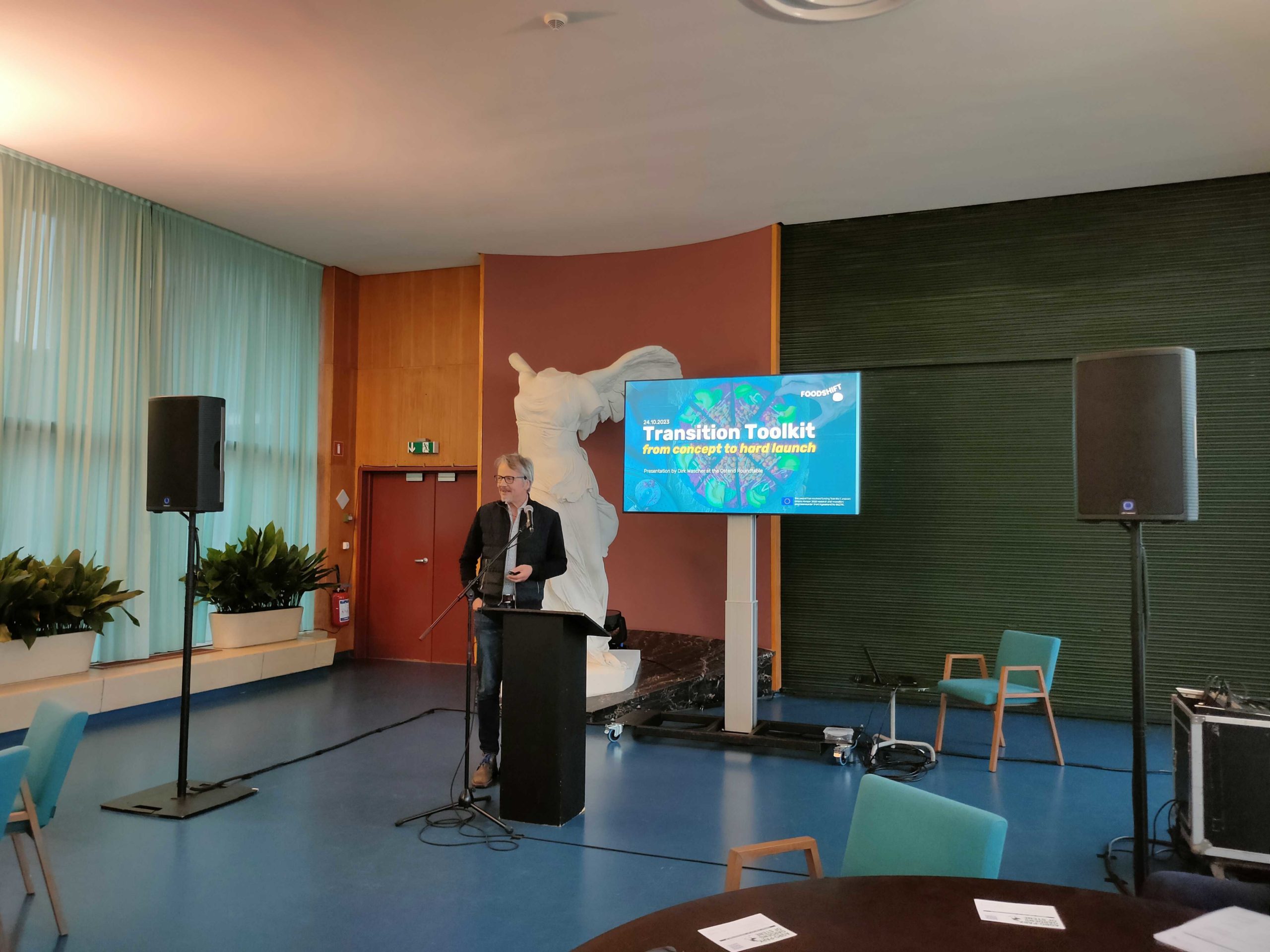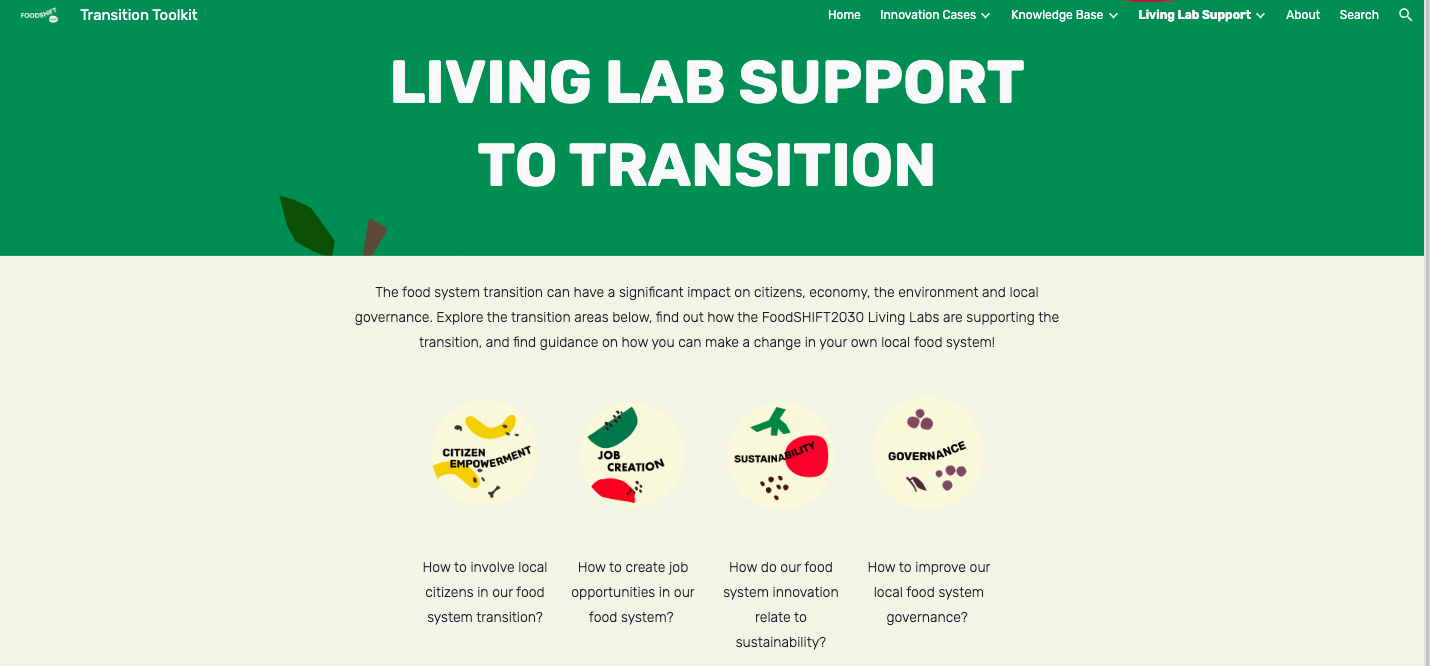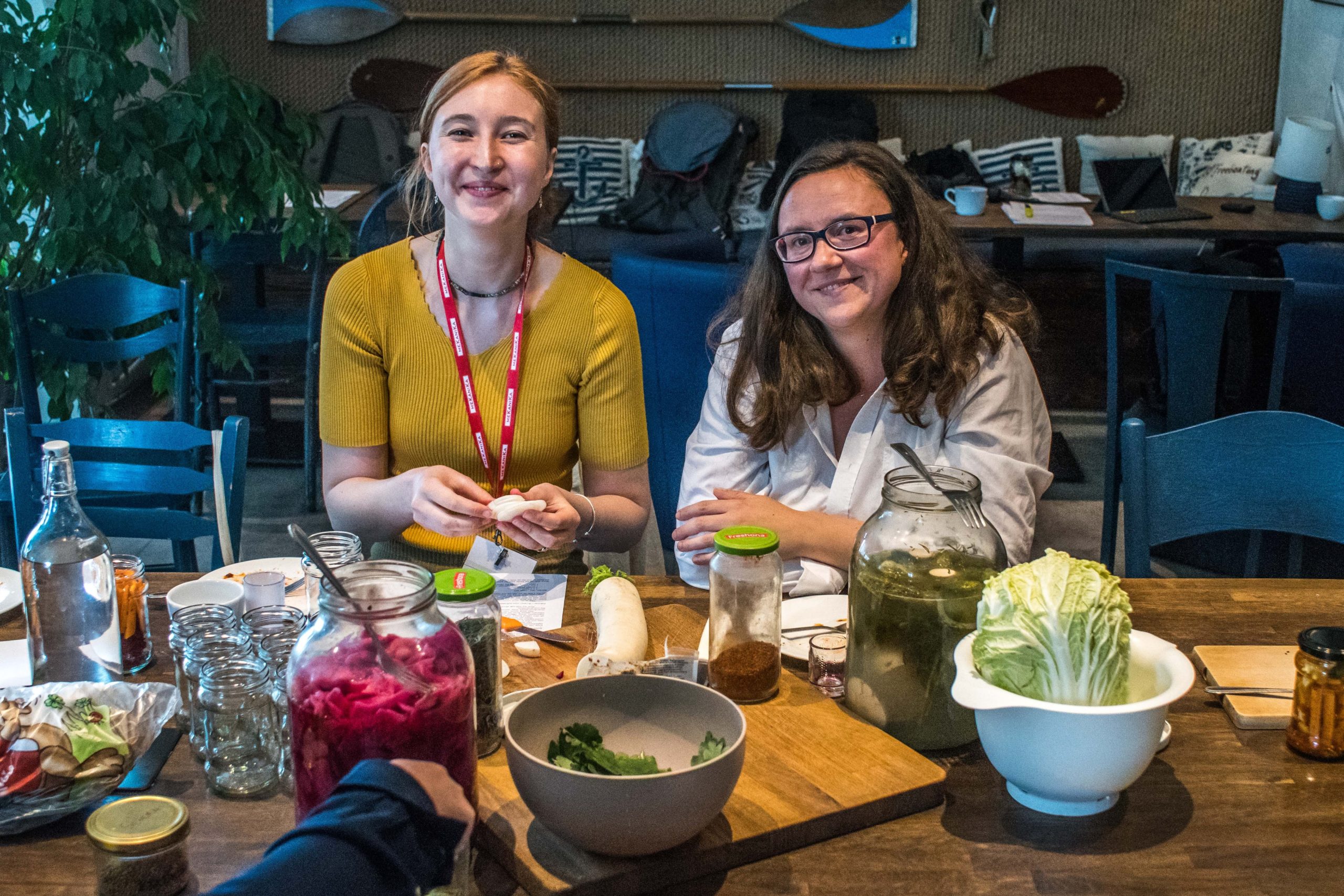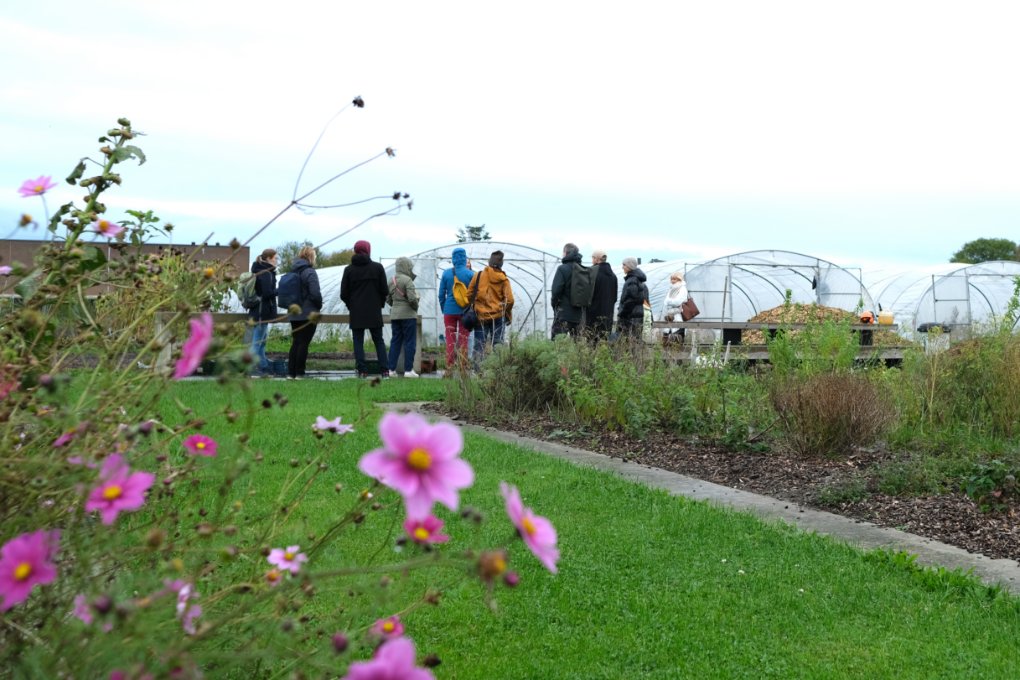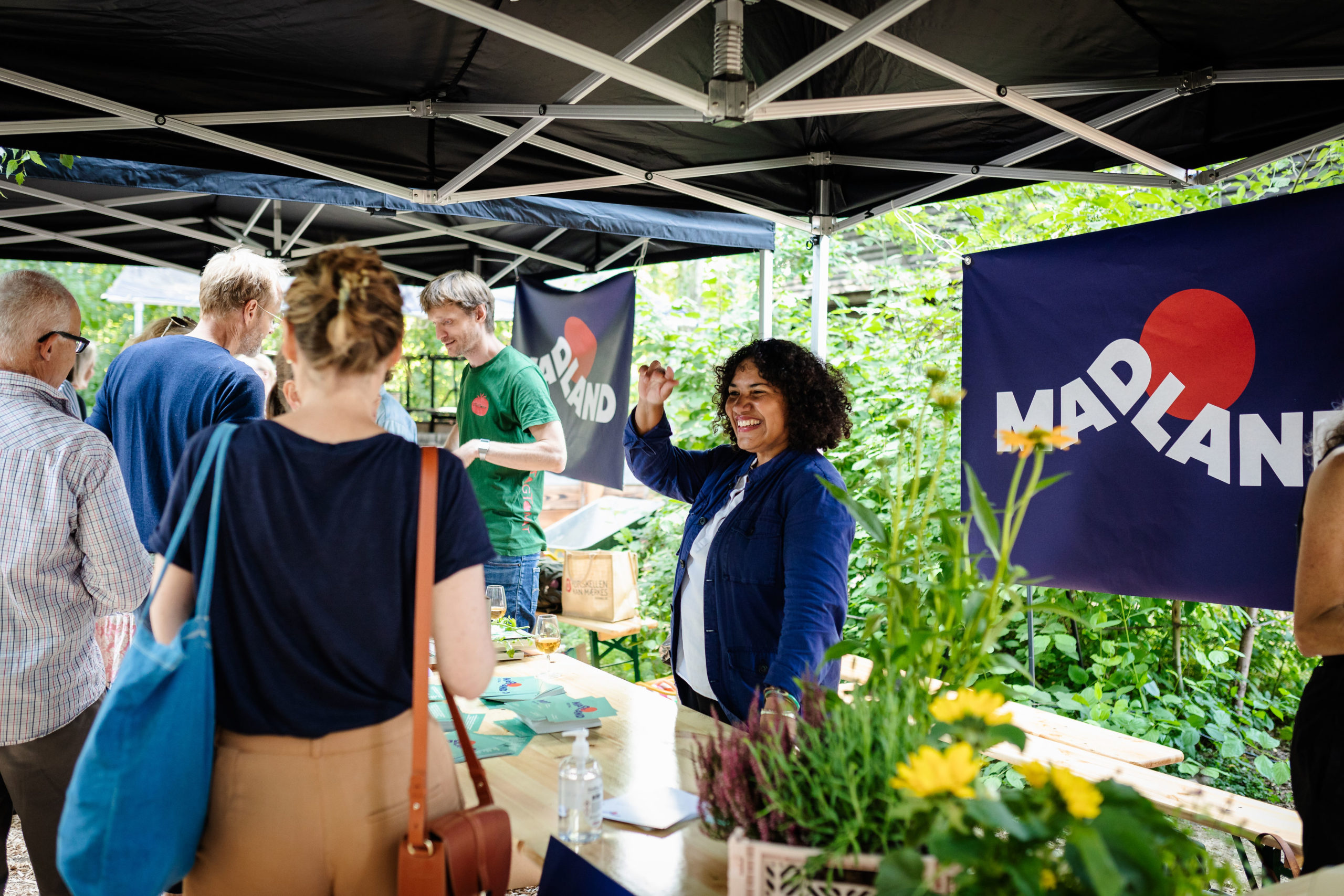Webinar key takeaways: Getting food on the climate agenda
29 June 2021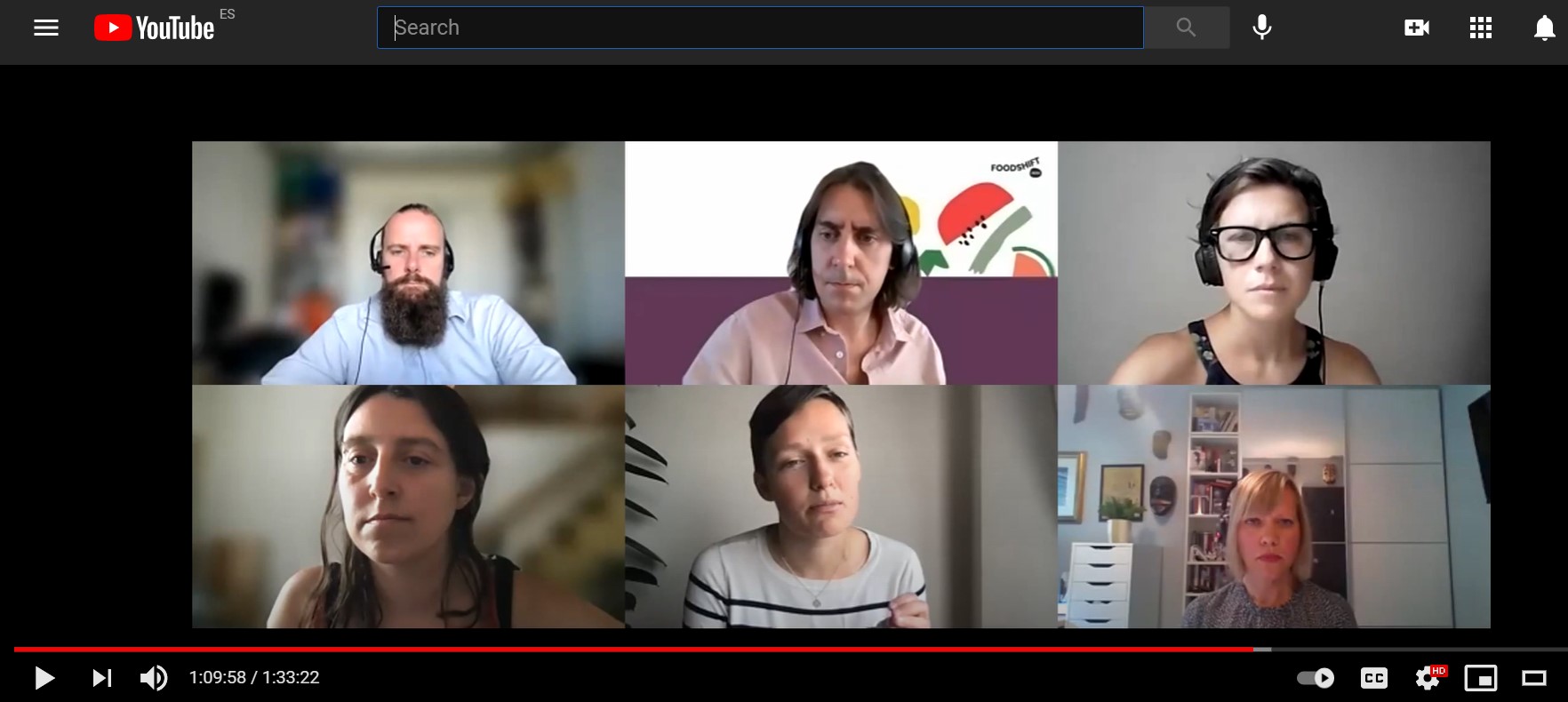
The super year for food: this is how 2021 is being billed, including the first UN Food Systems Summit, the seventh Milan Urban Food Policy Pact Global Forum, the UN Climate Change Conference (commonly known as COP26) and finally the Nutrition for Growth Summit.
These are critical moments to demonstrate how food system transformation needs to be a key aspect of addressing the climate and nature emergency. Our most recent webinar showcased the work of Glasgow and Barcelona to highlight how cities are taking this matter into their own hands.
Ben Reynolds, the webinar chair from Sustain, opened the discussion by emphasising how little food and farming had thus far featured in international and national commitments to tackling climate change, despite it contributing between a third and a quarter of greenhouse gas emissions. As a result, cities have stepped up to the plate to devise their own strategic action plans, which we now seeing being translated into policy and practical change.
The Glasgow Food and Climate Declaration is one such example, as Sofie Quist?from?Nourish Scotland outlined. The Declaration’s aim is to put food on the climate agenda before, during and beyond COP26, which is taking place in Glasgow, by inspiring ambitious local government-level action. It was written using inclusive language in order to enable wide participation among sub-national governments, with over 40 cities across five continents already having signed. City and local governments from around the world are invited to join the movement ahead of COP26 by signing the Declaration.
“What we argue needs to be on the table at COP26 is a participatory whole food system approach, which cities are clear leaders on, in order to deliver effective food and climate change policies and planetary health,” Sofie Quist
Riikka Gonzalez from Glasgow Food Policy Partnership shared how their city’s new 10-year food plan translates this declaration into concrete actions. The city has a thriving sector of over 200 community food projects, but also has high levels of income and healthy inequalities. Therefore, a participatory approach was key to the food plan’s development, with over 80 organisations taking part, and improving access to fresh, fair, healthy, affordable food was integral throughout. Launched in June, the plan has 76 actions divided between six themes, many of which address climate change, such as increasing land available for growing food in urban areas and sourcing more food from local and low-carbon producers to be used in public sector catering. Signing the Declaration and hosting COP26 has been a major catalyst for the city to step up its work, to lead by example and to secure political support.
This year Barcelona is the World Sustainable Food Capital, a nomination stemming from the Milan Urban Food Policy Pact (MUFPP). Amaranta?Herrero?from?Pla?Estratègic?Metropolità?de Barcelona (PEMB) spoke about how the city is using their host status for the seventh MUFPP in October to ensure sustainable food is at the center of the political and social agenda throughout 2021 by running a host of events and working towards a 2030 Food Strategy. They have also helped launched the Barcelona World Sustainable Food Capital, a commitment and toolkit for cities related to the transformation of food systems in order to tackle the climate emergency. It includes a set of core indicators to demonstrate the positive impacts this will have for cities, citizens and the planet.
Finally, Alessandra Schmidt from Fab Lab Barcelona, one of the nine FoodSHIFT Accelerator Labs (FAL), focused on how they use bottom-up approaches to build a bridge between food policy and citizens in the city. Barcelona has fostered an environment for food citizenship to flourish, with Fab Lab capitalising on this atmosphere by working with entrepreneurs to link food and tech, and to develop communities of practice in this area. Through their Food Tech 3.0 Acceleration Program they are accelerating ten initiatives, which will be driven equally by both society readiness as well as tech innovation. In addition, they are hosting a FoodSHIFT 2030 FAL showcase in Barcelona, within the Innovation Conference, on Monday 18 October focused on food system innovations, which will be a hybrid format of in person and digital access.
“We have the political will, which is great, so how can we keep pushing forwards as a local actor towards this direction and participating in the decision-making at the table together,” Alessandra Schmidt.
Barcelona and Glasgow offer just two examples of the incredible work cities are doing to integrate policy and practical action around food and climate change, but there are many more leading the way. We look forward to the second half of 2021 bringing further attention to these issues and inspiring more people and place to get involved.
- Encourage your city to sign the Glasgow Food and Climate Declaration
- Take part in our innovation conference in Barcelona in October
- Explore the work of the other FoodSHIFT 2030 Acceleration Labs
- Join our newsletter to stay in the know about future webinars and events (scroll down!)
